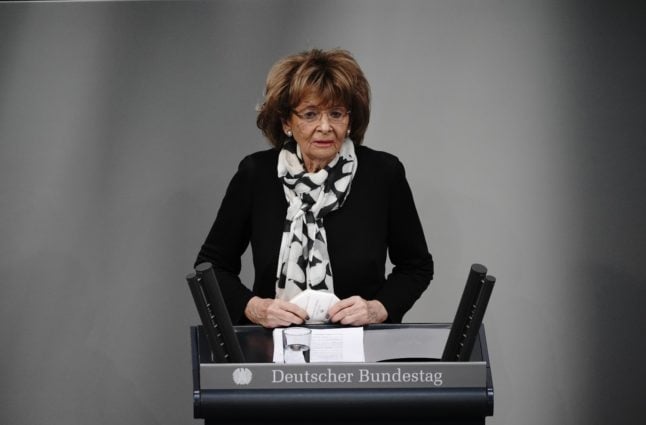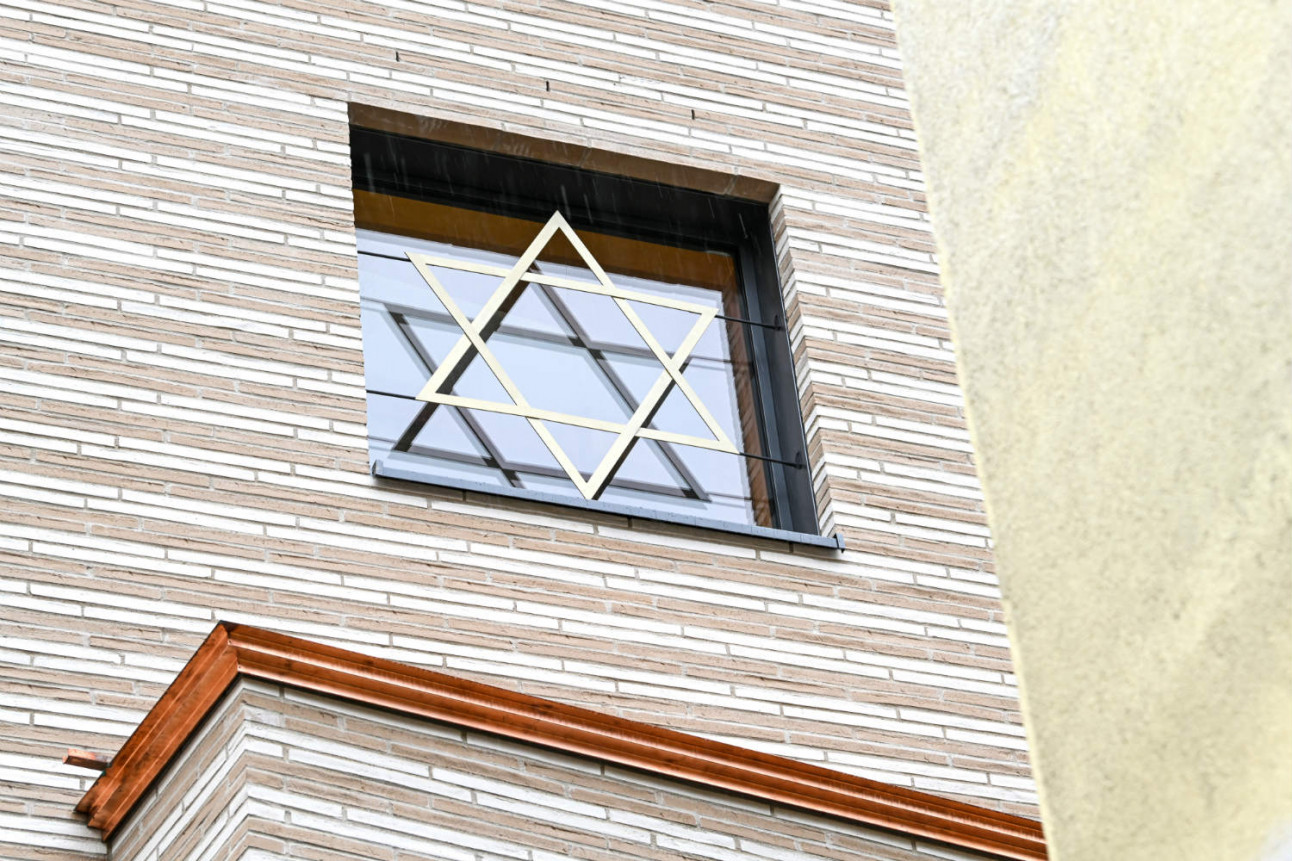Miriam Landau, who moved to Sweden with her husband in the 1950s after having survived living in a concentration camp, has since received payments from the German state as recompense for her work while living in a ghetto.
The Swedish Social Insurance Agency (Försäkringskassan) has ruled that the payments should be classified as a pension and the sum deducted from Miriam Landau’s Swedish pension.
Miriam Landau argues that the agency has illegally confiscated some of the remuneration she received as indemnity for the Nazi persecution.
A decision by the Gothenburg administrative court of appeal (Kammarrätten) in November 2007 ruled that the retroactive payment of 80,000 kronor ($8,812) made under the German ZRBG law of 2002 should be considered a pension, in favour of the Social Insurance Agency.
Miriam Landau has appealed the decision and argues that the payment should be classified under the spirit of the German indemnity law and that the Social Insurance Agency had no right to confiscate 42,942 kronor of her pay out.
She argues that the ZRBG law classifies the payments as a “pension” only because it is paid out after the recipient has reached the age of 65 but should be seen as indemnity for work in the ghetto.
In court papers Miriam Landau points out the ZRBG law states that the payments should not be considered social security and stipulates that payment be made only if it directly benefits the intended recipient.
The Social Insurance Agency therefore has no right to any of the money, Miriam Landau argues.
As a result of the payment the agency recalculated the Holocaust survivor’s pension which is now based on a residency in Sweden of 35 years as opposed to the 40 years previously considered.
The Supreme Administrative Court has granted leave to appeal the court’s decision and will consider whether the payment should be classified under Council Regulation (EEC) 1408/71 of June 14th, 1971 on the application of social security schemes to employed persons, to self-employed persons and to members of their families moving within the Community.
Miriam Landau is born in 1924 and came to Sweden in the 1950s under a help program for the victims of Nazi persecution.
She was diagnosed in 1945 with double lung tuberculosis as a consequence of her time in the ghetto and concentration camp and has therefore been unable to work since moving to Sweden.



 Please whitelist us to continue reading.
Please whitelist us to continue reading.